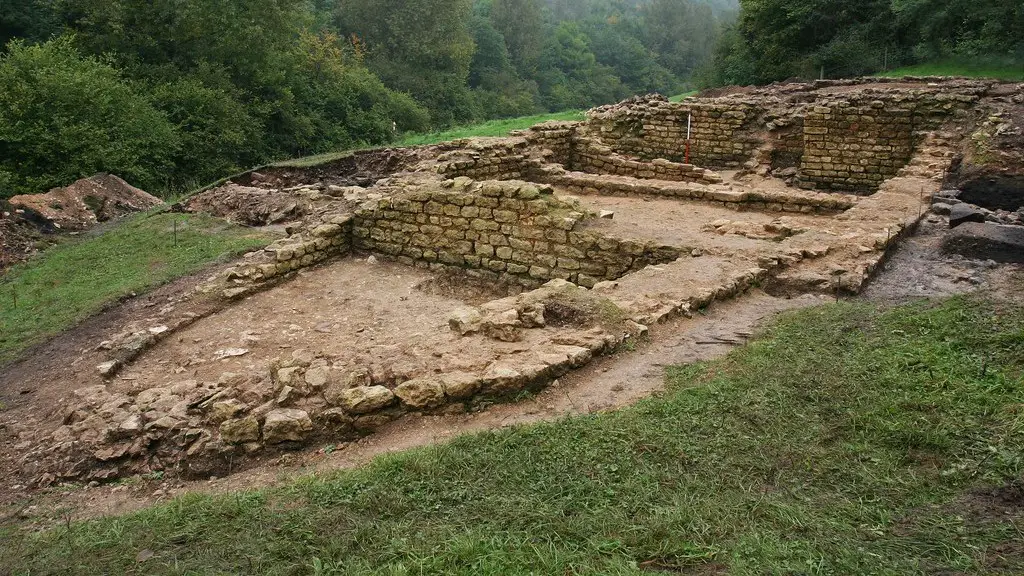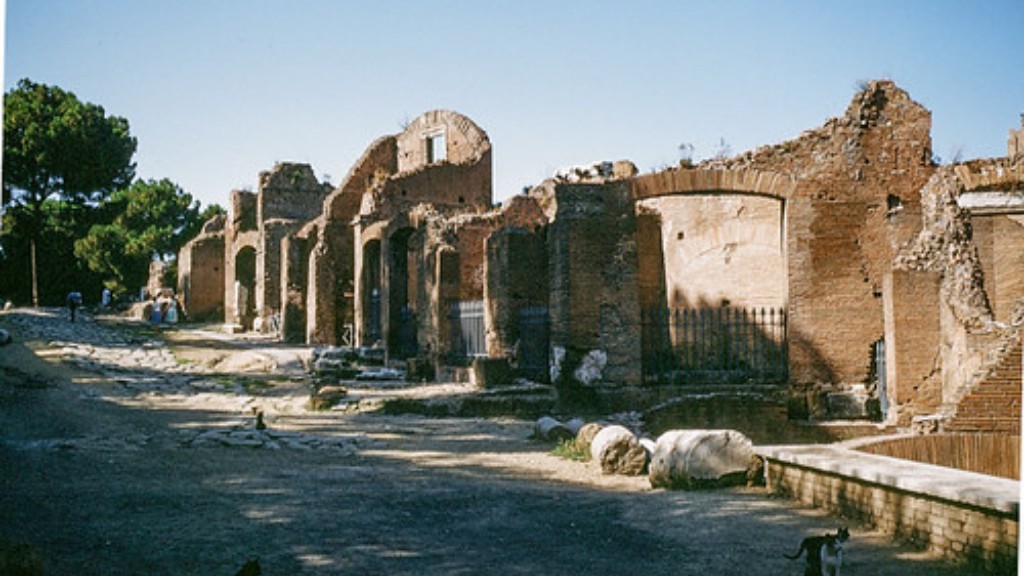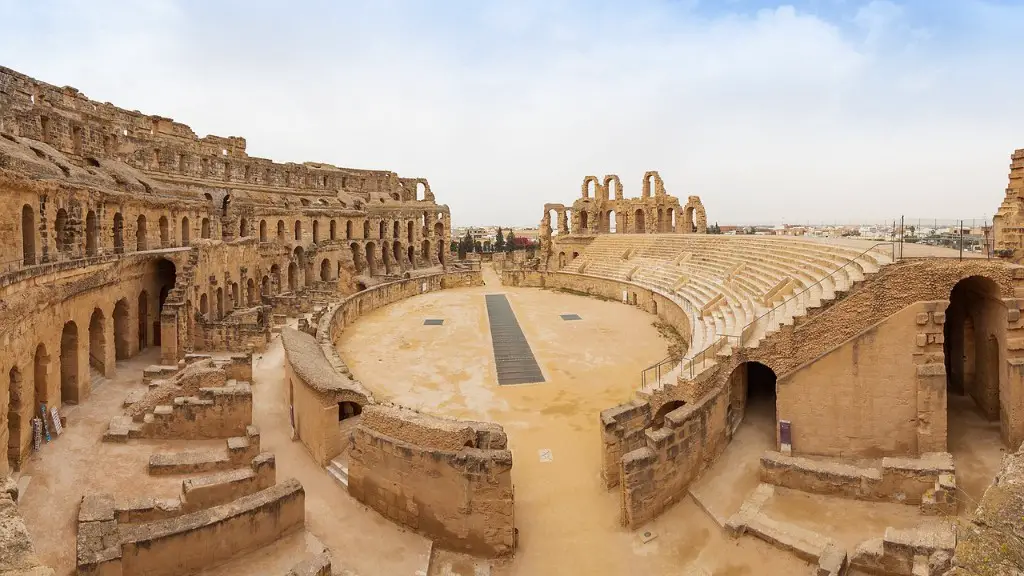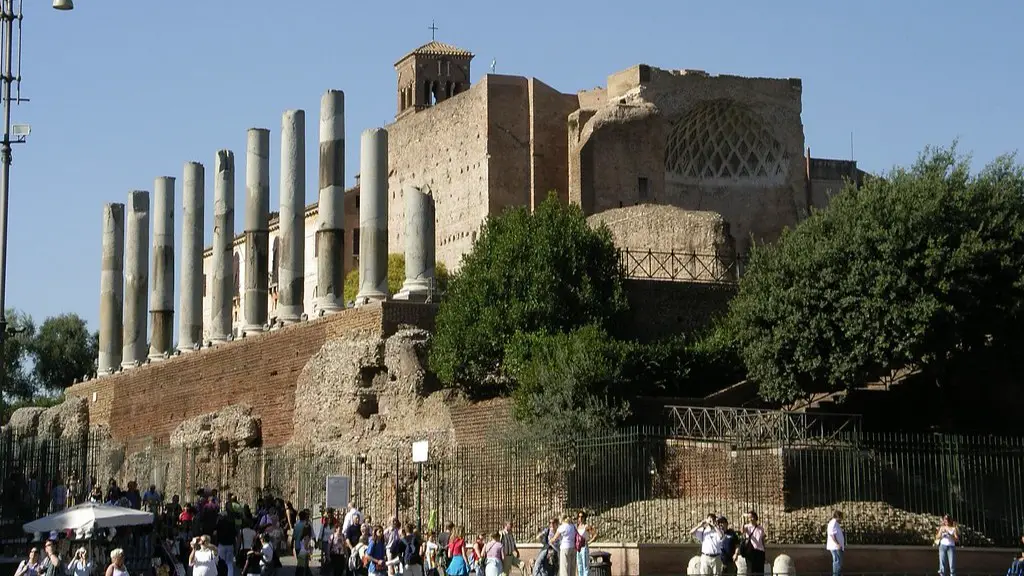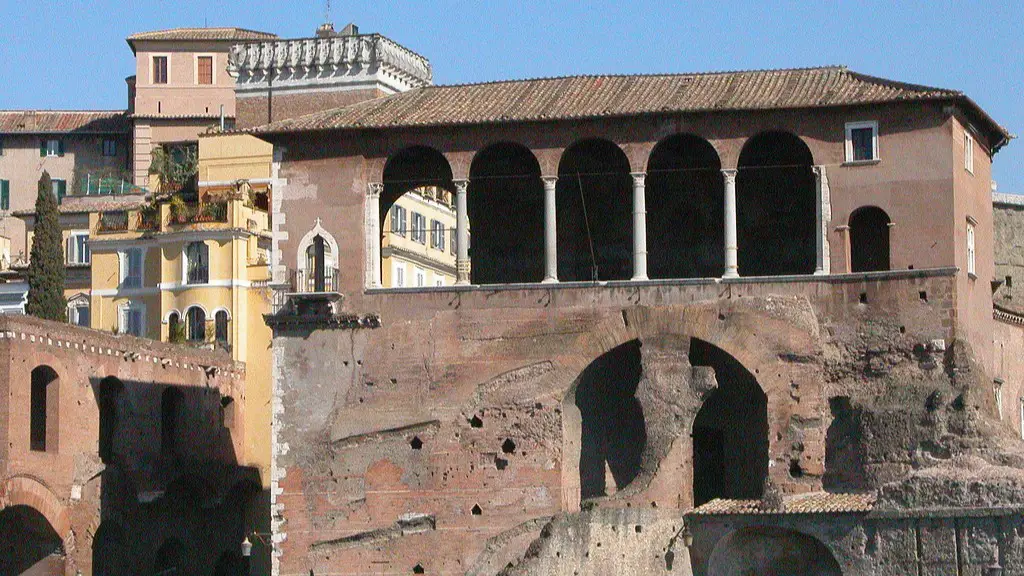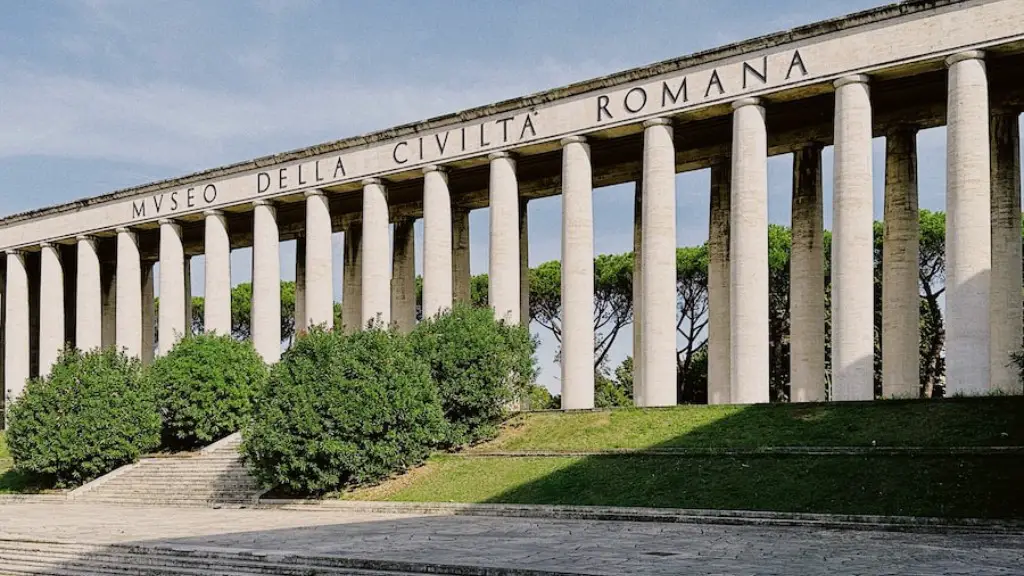In Ancient Rome, education had a special importance as it was considered to be the basic foundation for the Roman Republic. It was even legally imposed for children to receive some form of education. However, the question arises, who taught the children in ancient Rome?
In general, children from all classes of the Roman society were taught, either at home or in school. Generally, boys and girls from the wealthy classes were schooled by slaves or freedmen, while poorer kids were taught at home by their parents. Boys were sent to school as soon as they were old enough, usually around seven or eight years old. Given the importance given to education in Rome, schools were opened as early as the 2nd century BC and over the course of time their quality improved steadily. Boys typically attended until they were fourteen or fifteen years old, while girls were usually removed from school and married earlier.
Schools were divided into two distinct stages: elementary and secondary. At the elementary level, tuition was free and classes were taught mostly by slaves. Lessons were heavily focussed on literature and Classics such as grammar, poetry, and rhetoric. Classroom education at the elementary level was also supplemented by physical activities, such as wrestling and running, which were thought to be important for forming an ideal citizen. At the secondary stage, students had to pay tuition fees and the teaching was greatly influenced by the Greek educational practices. It was mostly rhetoric-focussed and lectures were given by highly educated teachers or freedmen.
Some of the most famous teachers in Ancient Rome were Quintilian, whose treatise “Institution Oratoria” was one of the main pieces of literature on rhetoric, and the philosopher Aelius Aristides. Aristides’ writings focused on war and glory, for which he was heavily praised. Moreover, the importance of rhetoric wasn’t limited to education in Ancient Rome, and many of its politicians and generals used it with great success.
To form a strong moral base for their children, Roman parents also taught their children stories from their religious literature, as well as other values such as respect and obedience. Moral instruction was particularly emphasised for the wealthy Roman upper classes, and the parents of boys in this class were usually the ones responsible for teaching it to their children.
It is clear, then, that different classes of the Roman society were taught by a variety of teachers, depending on the wealth and social status of the family. Slaves and freedmen were usually responsible for teaching children of wealthy Roman families, while poorer children were usually taught at home by their parents or other family members. Although the Romans were heavily influenced by the education practices of the Greeks, they made significant improvements to their educational system, ensuring that everyone had a chance to gain an education, regardless of their status.
Types of Education
In Ancient Rome, the vast majority of schooling was focussed around rhetoric, with grammar, poetry, history, and other Classical literature also being taught. However, there were also other forms of education available in Ancient Rome, such as mathematics and engineering. Mathematics was commonly taught to schoolboys, with geometry and arithmetic being the main subjects. Engineering was also taught, with practical applications of mathematics being used for the designing and construction of roads, aqueducts, and other public works.
In addition to these theoretical and practical fields, physical education was also very important in Ancient Rome. As previously mentioned, the wealthier classes of Roman society used physical activities such as wrestling and running to form a strong moral foundation in their children. Furthermore, training in the use of weapons was also important, as it was expected of wealthy young boys to serve in the army. All classes of the Roman society were encouraged to participate in gladiatorial fights, a type of sport where two combatants would battle each other with swords or blunt weapons.
In terms of formal education, there were also schools devoted to philosophy and law. As these subjects had great importance in Ancient Rome, the schools devoted to them were very well regarded. The study of philosophy was mainly focussed on Stoicism and Epicureanism and included subjects such as Logic, Natural Sciences, and Metaphysics.
Education for the Elite
In Ancient Rome, education was not only reserved for the common people, but for the elite as well. Wealthy Romans often sent their children to Greece to receive an education from renowned philosophers and tutors, as the Greeks were considered to have the best educational system in the ancient world. Moreover, elite Romans often had private tutors in their own homes, and were taught by the most highly educated slaves available.
It was also common for wealthy families to send their sons to public schools until a certain age and then send them to Greece to receive further tutelage. In Greece, they usually stayed with a teacher who provided individual instruction to the boy. They were taught philosophy, logic, math, grammar, oratory, military science, geometry, and astronomy. When the boy returned to Rome, he was considered an educated man and was often given government appointments and promotions.
The wealthier the family, the more likely it was for their children to receive an education from some of the most respected teachers in Rome. In some cases, noble families even sent their children abroad to receive further instruction from highly regarded teachers from other countries.
Conclusion of Ancient Roman Education
In conclusion, Ancient Rome had a highly developed and sophisticated education system, in which both the wealthy and the poor had access to some form of education. The main subjects taught by teachers and tutors were rhetoric, grammar, maths, engineering, philosophy, and physical activities. Wealthy Roman families often sent their children to Greece and to other countries to receive an even higher level of education.
Educational Philosophies of Ancient Rome
The goals of education in Ancient Rome were mainly focused on creating a well-equipped citizen that could be highly effective in politics, literature, and other fields of social life. This reflected the main objective of Roman education, which was to shape Roman citizens and form a strong moral base in them. Roman parents also emphasised the importance of obedience, respect for others, and conformity to the Roman way of life as fundamental qualities a child should possess.
The Roman education system also had a strong emphasis on the humanities and Classics, such as literature, grammar, poetry, and rhetoric. This was done in order to foster a sense of civic duty, as well as do justice to the Roman Republic’s great literary figures. As previously mentioned, physical activities were also encouraged, as they were believed to help form the ideal Roman citizen.
Overall, the educational system in Ancient Rome was highly advanced and sophisticated, offering a variety of opportunities for both the wealthy and the poor. The range of teachers and tutors was vast, from slaves and freedmen to highly educated philosophical thinkers, and the Classical education was supplemented by other forms of education such as mathematics and engineering. Ancient Roman education created a strong sense of patriotism, as well as forming the basis for many of the values by which the Romans lived their lives.
Social Role of Education
In Ancient Rome, education was seen as an essential part of the social hierarchy, and its main importance was in forming ideal citizens who could serve in politics and other social roles. This was especially true for the wealthy, upper-class Romans, who were expected to be able to take part in public matters and political debates. Education was thus seen as the foundation for a successful political career, as well as a greater understanding of the world and its people.
Education also played a heavy role in the morality of Roman citizens. As previously mentioned, Roman parents emphasised the importance of obedience and respect, as well as conformity to the Roman way of life. This moral instruction was essential in order to ensure the smooth running of the Roman Republic, and to ensure that the citizens of Rome were loyal to the state.
It was also important for the elites of the Roman society to have a good education and be able to take part in public matters, as this was seen as a sign of prestige and respect. However, education was not reserved for the elites of the Roman society, and poorer children also had access to some form of education, though it was usually limited to home instruction by the parents.
Impact of Education in Ancient Rome
The impact of education in Ancient Rome is still felt to this day, as the foundations of social and political life were heavily influenced by its educational system. Many core values of the Roman education system, such as patriotism, loyalty, and a sense of civic duty, remain important qualities to maintain a strong public life today. Furthermore, the Roman emphasis on rhetoric, as well as their advancements in mathematics and engineering, are still highly relevant and influential today.
In addition, the moral base established by Roman education, with a strong emphasis on obedience, respect, and patriotism, is often seen as the basis of many Western political and social ideals. Furthermore, Ancient Rome’s educational system was a major influence on the advances made in Western education and development, and the idea of teaching children through a combination of practical and theoretical education was first introduced by the Romans.
In summary, Ancient Rome’s educational system had a lasting impact on the Western world, and can still be seen today in various aspects of social and political life. Its main goal was to create an ideal Roman citizen through rhetoric, practical lessons, and moral instruction, and many of these values remain to be important in present day society.
